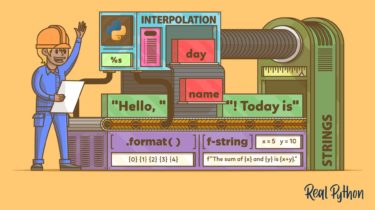Microsoft at FAccT 2024: Advancing responsible AI research and practice
The integration of AI and other computational technologies is becoming increasingly common in high-stakes sectors such as finance, healthcare, and government, where their capacity to influence critical decisions is growing. While these systems offer numerous benefits, they also introduce risks, such as entrenching systemic biases and reducing accountability. The ACM Conference on Fairness, Accountability, and Transparency (ACM FaccT 2024) tackles these issues, bringing together experts from a wide range of disciplines who are committed to the responsible development of computational […]
Read more


